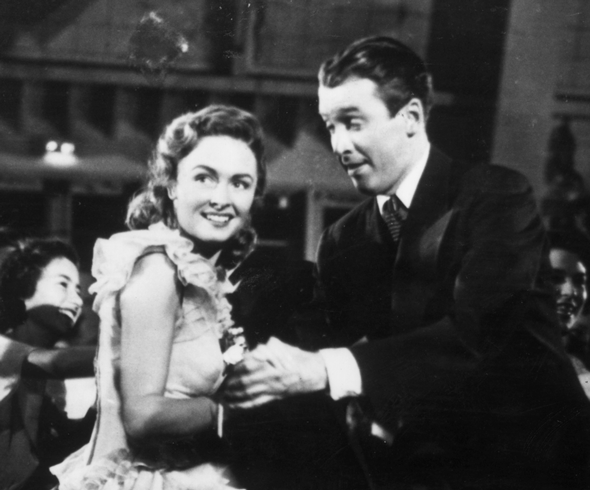
Faith & Thought
Recalling the many Christmas columns that I have previously written, I was momentarily concerned that in writing this one I might repeat myself. Almost immediately I put the concern out of my mind. How could I not repeat myself?
If there is any topic that deserves repetition, it is the mystery of Christmas. I started Advent with the best of intentions and with resolutions that I decided were important for me to keep if the season should be all it might be for me. Some of the intentions and resolutions fell by the wayside, but I believe that, in spite of my weakness, the Holy Spirit’s relentless pursuit helped me to be receptive to the Spirit’s presence during the wonderful season of hope. I hope that is what happened.
I love just about everything that relates to the Christmas season. People seem different to me during the Christmas season. The world takes on a kind of a glow. I don’t think this is a kind of blind sentimentality on my part.
Though I cannot prove or explain the difference I experience in other people, I believe the difference is real. If this qualifies me as some kind of cockeyed optimist, so be it. If we cannot be optimistic because of the meaning of Christmas, when can we be optimistic?
As the weeks of Advent passed by, I caught myself walking through the halls of the Immaculate Conception Center where I live, either humming or even softly singing Christmas songs, some religious, others quire secular. Driving in my car, I tried to be accompanied by Bing Crosby, Frank Sinatra and Perry Como.
Perhaps someday I will tire of hearing “Silent Night” or “O Come All Ye Faithful” or “The Little Drummer Boy,” but that day has not yet come. I cannot count the number of times I have seen Frank Capra’s classic film, “It’s a Wonderful Life,” the first time being its initial release as part of a double feature presentation on a snowy day back in the 1940s.
This year I did not have the opportunity to view on television Gian Carlo Menotti’s wonderful opera “Amahl and the Night Visitors,” and I wish I had. The dinners, parties, special family celebrations, the Christmas cards, especially from loved ones whom you have not seen, perhaps for years, the mistletoe and holly, the exchange of gifts, the phone calls and the text messages, the trips to see distant loved ones and, of course, the memories both wonderful and even those tinged with sadness; all of this fits into what Christmas means to me.
I think that what I want to communicate in this Christmas column is my hope that readers and I will experience a profound joy because of what we believe about Christmas. Perhaps a joy deeper than any other joy we have or can experience, a joy that comes with our experience of God’s love for us.
In preparing this column, I came upon a page in Ronald Rolheiser’s marvelous book, “Sacred Fire.” After commenting on the importance of liturgical prayer, Rolheiser shares some insights on non-liturgical prayer.
Identifying liturgical prayer as Christ’s prayer, Rolheiser points out that we pray liturgically when we celebrate the sacraments, read the Scriptures, or pray either communally or privately what is called the “Prayer of the Church” or the “Office of the Church,” such as Lauds and Vespers.
About non-liturgical prayer Father Rolheiser writes the following:
“Though it has many forms, meditation, centering prayer, praying the rosary, devotional prayers of all kinds, it has a single aim, to draw us and our loved ones into deeper intimacy with Christ. In the end, no matter its particular form, all nonliturgical prayer ultimately aims at personal intimacy with God and is ultimately private, even when it is done publicly or in a large group. All private and devotional prayer can be defined in this way: it is prayer that tries, in myriad ways, to open us or our loved ones up in such a way that we can hear God say to us ‘I love you!’ ” (p.185)
I confess that I find Rolheiser’s comment on non-liturgical prayer inspiring, even thrilling. What a wonderful goal for prayer, to hear God say, “I love you.” God loves us more than we can imagine.
No matter how long or how deeply we reflect on God’s love for us, we will never completely comprehend it. More than anything else, what I wish for myself and for all the readers of this column during this Christmas season is a new and more profound appreciation of God’s love for us. One way, and I think it a wonderful way, of thinking of the meaning of Christmas is God saying to us, “I love you.”
Father Lauder is a philosophy professor at St. John’s University, Jamaica. He presents two 15-minute talks from his lecture series on the Catholic Novel, every Tuesday at 9 p.m. on NET-TV.
